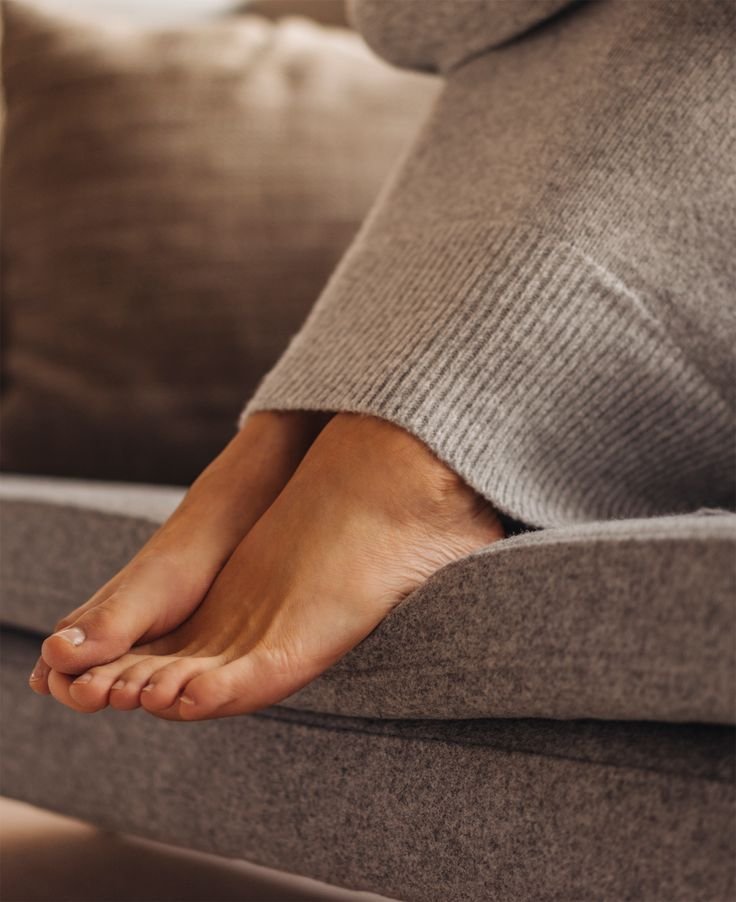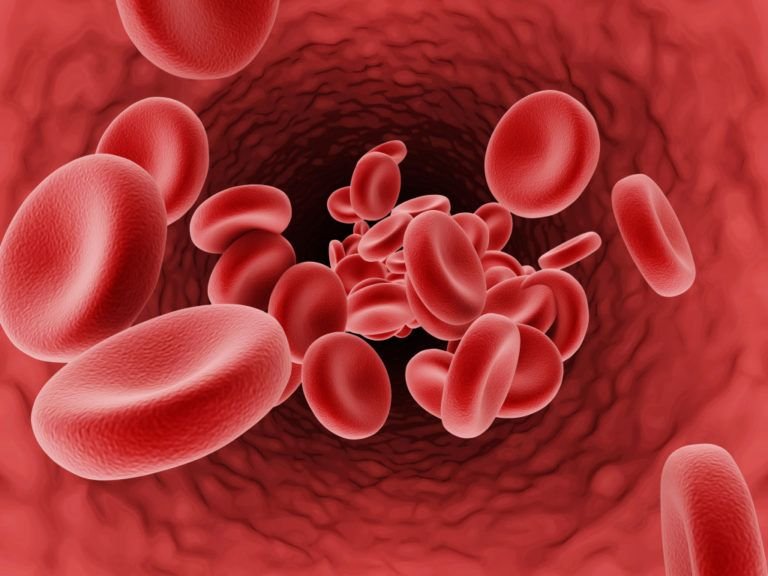
Are you struggling with cold feet during the winter season? No matter how much you try to warm them or wear socks all the time, the feet are always freezing cold. It is true that cold feet may be due to one’s body temperature or the temperature of the surroundings. However, it can sometimes be related to a medical condition that needs to be treated. Here’s all you need to know about cold feet in winter and what to do about it!

Common Diagnosis
There are some diagnoses that can be made with the symptoms described as feet being cold.
One of the medical conditions is Peripheral arterial disease which is characterized by poor circulation of blood in feet and legs. It is the poor circulation of blood towards these body parts that turn cold. The risk of this condition increases for smokers, and people suffering from high cholesterol or blood pressure.
Another condition is iron deficiency. It can be due to iron deficiency that the red blood cells are unable to carry oxygen across the body. Iron deficiency has other symptoms as well such as fatigue or anemia but feet being cold is also another common symptom.

3. Stress is a common reason for the feet to turn cold as well. In a stressful condition, the body may draw the blood towards the core and away from the feet and legs which results in the feet being freezing cold.
4. Hypothyroidism is a medical condition that can also be a cause of cold feet. If there is not enough thyroid hormone produced, the entire metabolism is affected. This can contribute to reduced circulation in some parts of the body such as the feet. This may result in the body feeling cold, including the feet.
5. Peripheral neuropathy is also a condition that damages the nerves in your feet. This results in feet being felt as very cold. It is common for people suffering from diabetes but can also be experienced by nondiabetic patients.
How can I treat cold feet?
In case you experience any such condition and are suffering from cold feet all the time during winter, here are some ways to warm you up. Wear socks at all times to keep them covered and provide some heat. Secondly, try quitting smoking as nicotine makes it hard for the blood to reach the legs and feet. Moreover, cholesterol and blood pressure must be cured with diet and medications. Furthermore, more vitamins such as iron and B12 must be consumed for better circulation. Last but not the least, stress must be avoided and tried to be overcome to keep blood circulation smooth!






